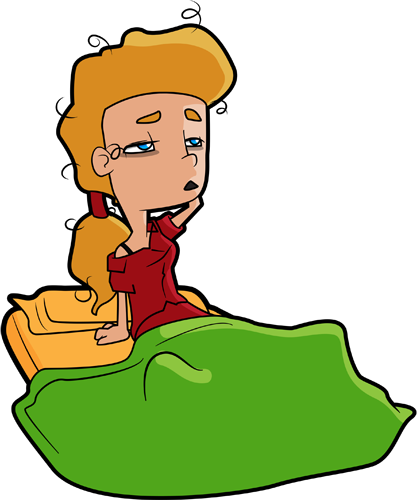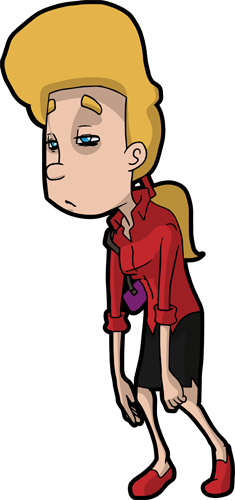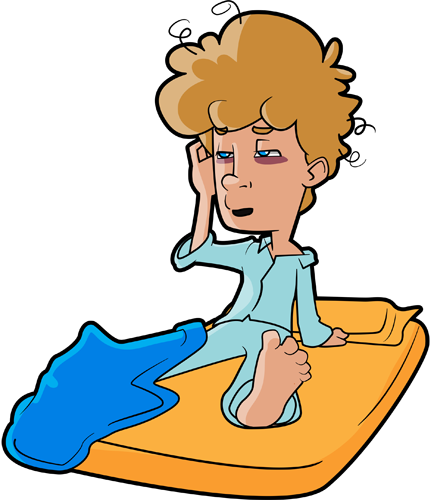Difficult Sleeping? This effects your Mental Health, seek help.

 Sleep difficulties can both cause and result from psychiatric disorders, and clinicians must be sure to treat the conditions simultaneously.....
Sleep difficulties can both cause and result from psychiatric disorders, and clinicians must be sure to treat the conditions simultaneously.....
Insomnia is underrecognized because people often believe its symptoms are normal, and many suffer through it without seeking treatment, said Dr. Raison, Psych Congress co-chair Charles L. Raison, MD, said at the
Psych Congress Regionals meeting..
Untreated insomnia can have a detrimental impact on quality of life, inducing such conditions as fatigue, difficulty paying attention, bad mood, memory and visual disorders, and aggressiveness.“Sleep is the king of both psychological well-being and psychological dismay. It is at the back of so many things,” Dr. Raison told the audience of about 150 mental health clinicians.
- Anxiety disorders are the most common comorbid psychiatric condition with insomnia, followed by mood disorders and substance abuse disorders.
- Insomnia may also be associated with increased risk of suicidal ideation, inflammation, heart disease, breathing problems, hypertension, and chronic pain.
Dr. Raison explained there is a yin and yang in the body between systems which promote sleep and systems which promote wakefulness. In most people, insomnia results from hyperactivity in the wakefulness systems and the inability to appropriately modulate when and how to turn them off, he said.
Behavioral interventions should be at the core of treating insomnia, Dr. Raison said. They can include stimulus control, sleep restriction, and adjunctive sleep hygiene education. Cognitive behavioral therapy can also have robust effects on sleep quality, though Dr. Raison said the improvements can fade and periodic reinforcement may be needed. Pharmacologically, there are a number of options available for treating insomnia, utilizing several different mechanisms of action.
Pharmacologically, there are a number of options available for treating insomnia, utilizing several different mechanisms of action.
- Nonbenzodiazepines, such as cyclopyrrolones, imidazopyridines, and pyrazolopyrimidines, are best for initial or short-term treatment, Dr. Raison said. He warned that people who take them for a long time run the risk of getting “chained” to them.
- Benzodiazepines, including estazolam, temazepam, triazolam and flurazepam, may lead to problems with daytime functioning, and may contribute to the development of dementia if taken for a lengthy period, according to Dr. Raison
- Ramelteon, a melatonin receptor agonist, avoids the pitfalls of nonbenzodiazepines and benzodiazepines, Dr. Raison said. Melatonin itself is a popular sleep treatment, but taking supplements could keep the body from producing the hormone endogenously, he said.
- Sedating antidepressants, including doxepin, amitriptyline, trazodone, and mirtazapine, can be used and have no potential for abuse. However, Dr. Raison said they have been studied much less, since insomnia indications have not been sought for them.
- Diphenhydramine, doxylamine, and other antihistamines are used, but Dr. Raison said data in recent years show chronic use in older people can promote dementia.
- Suvorexant, a dual orexin receptor antagonist, was approved by the US Food and Drug Administration in 2014. It has been very useful for some people and dodges a number of downsides of other drugs, Dr. Raison said.
- Sedating antipsychotics such as olanzapine and quetiapine and anticonvulsant drugs, including gabapentin and pregabalin, are also used to treat insomnia.
Medications should be used judiciously for insomnia, but treatment is essential, Dr. Raison said. Getting the sleep you need to be your best is a wise decision.


